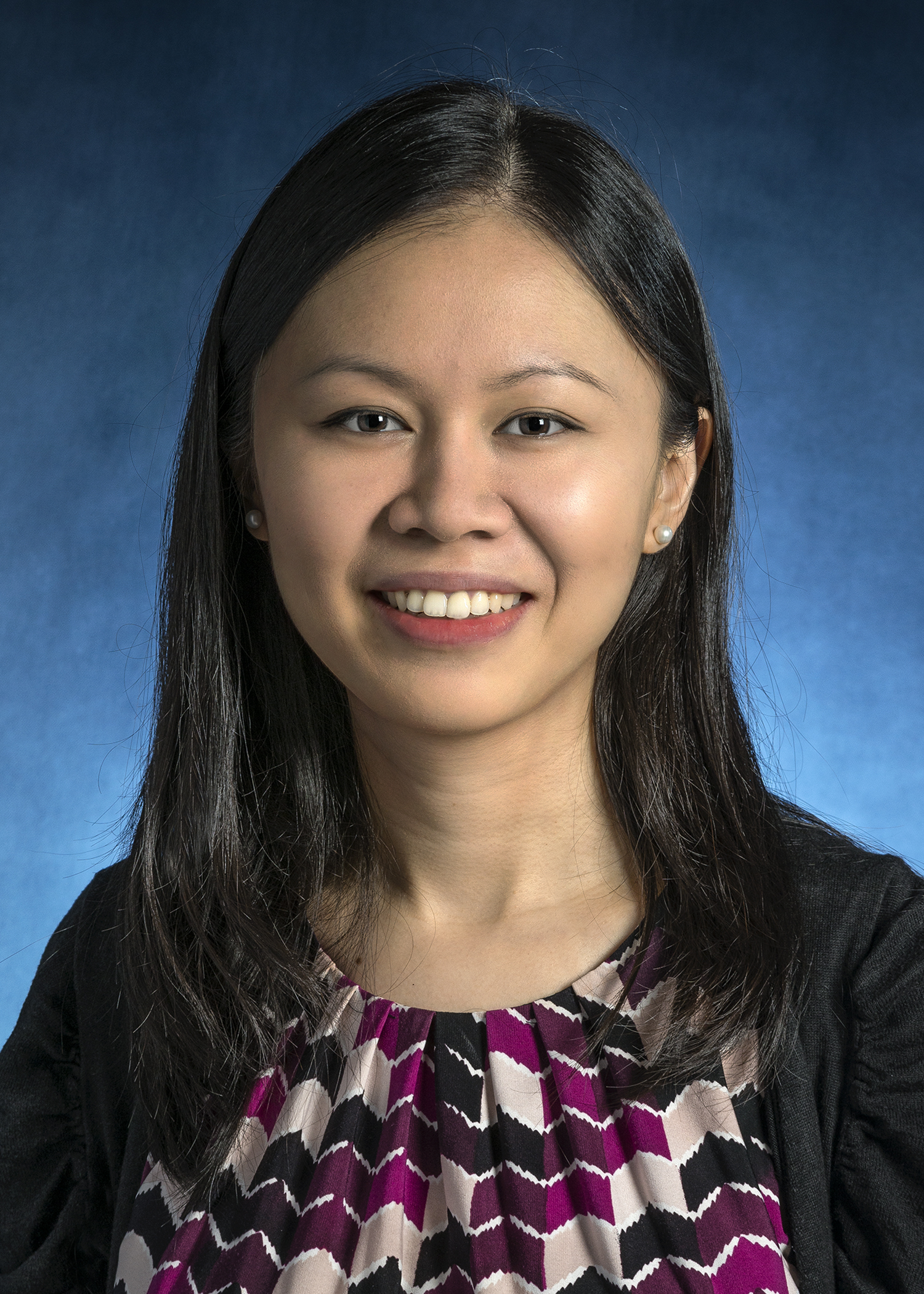New faculty member directs tumor board that matches drugs with patients’ genetic targets
At its core, precision medicine’s focus on finding the right treatment for the right patient at the right time is about harnessing the power of each individual’s tumor genetic information. The unique anomalies buried in each patient’s tumor are particularly important in cancer, where a growing number of treatments target specific genomic alterations. Both the type of these focused treatments and genomic alterations are constantly changing—so much so, says new Kimmel Cancer Center faculty member Jessica Tao, M.D., that any single doctor or researcher would be hard-pressed to keep up.
This need is at the heart of the Kimmel Cancer Center’s GAITWAY program, short for Genetic Alterations In Targets With Actionable Yields. It’s a specialized molecular tumor board filled with experts in cancer medicine, genetics, and biology, including clinical oncologists, laboratory scientists, and molecular pathologists, who keep tabs on the latest research and targeted drugs to help match the right medicines to cancer patients’ specific genomic alterations.
Tao recently became GAITWAY’s director. She organizes the team of experts and, with her colleagues, helps decide which patients this approach might benefit and matches them with the right therapy.
Tao’s career has long focused on cancer’s genetic drivers. As far back as high school, she’s performed research on the mutations involved in various cancer types. Now a clinical specialist in breast cancer, she’s continuing this line of research at Hopkins.
Tao recently received a $75,000 grant from the Maryland Cigarette Restitution Fund to better understand how tumor cell-free DNA—tiny bits of genetic material shed from malignant lesions that can be extracted from a blood sample—might better benefit patients.
This tool, known as liquid biopsy, has attracted increasing interest as a potential way to track if an administered therapy might be effective (by monitoring the quantity of tumor DNA circulating in the bloodstream) or as an alternative to traditional surgical and needle biopsies to look for specific genetic alterations.
Mammography is the gold standard for breast cancer screening, she explains, and surgical or a needle biopsy to extract a portion of the tumor is the typical next step. However, biopsies can bring patients a significant amount of pain for sometimes negative results. She wonders if it is possible to gain the same knowledge through a liquid biopsy blood test and spare patients unneeded surgical or needle biopsies.
To find out, Tao and her colleagues are recruiting 200 Johns Hopkins patients who have mammograms with abnormal findings. Although all patients will receive a biopsy as the current standard of care, they will also submit blood to be tested for tumor cell-free DNA. The researchers want to know how often it’s possible to detect tumor DNA in these blood samples and, for those who have this DNA present, what characteristics their tumors might have—for example, whether certain features of a patient’s tumor or mammogram might correspond with levels of tumor cell-free DNA.
Eventually, she says, a blood test might help patients avoid biopsies completely.
“We’re always striving to deliver the most precise care possible for each person,” Tao says. “By figuring out what their DNA tells us about their cancers, we’re getting closer to that goal.”
